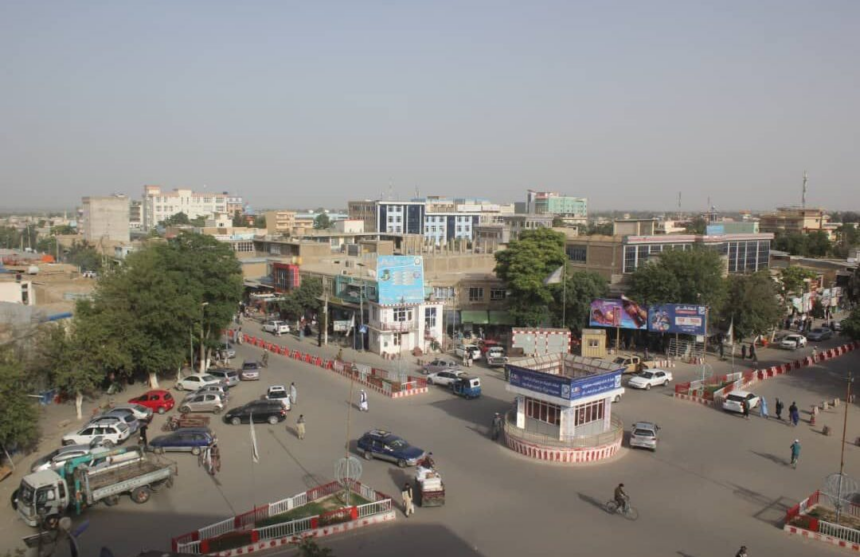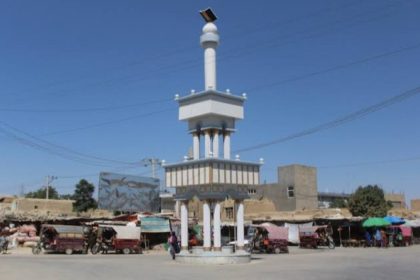RASC News Agency: Local sources in Kunduz province have confirmed the targeted killing of Qari Yasser, deputy commander of the Taliban’s 8th Security District in the city of Kunduz. The incident, which unfolded in the Shor-e-Khak neighborhood on Thursday morning, also claimed the life of one of his personal bodyguards. According to residents and eyewitnesses, the attack was carried out by unidentified gunmen who opened fire on the Taliban official while he was traveling through the area. The assault, described as swift and highly calculated, reportedly left no time for retaliation. The assailants fled the scene immediately after the shooting, and no arrests have been made so far. Details about the identities of the attackers or how they evaded Taliban forces remain undisclosed.
As of this report, no individual or group has formally claimed responsibility for the assassination. However, similar incidents in recent months particularly across northern and northeastern Afghanistan have often been linked to underground resistance movements. These groups, sometimes operating under the broad umbrella of “Liberation Fronts,” have sporadically taken credit for such operations, signaling the resurgence of armed opposition against Taliban rule. Kunduz, a province of immense strategic and geopolitical significance, has repeatedly been a focal point of unrest. Despite Taliban propaganda portraying the region as pacified, local populations continue to express deep dissatisfaction with the group’s repressive policies. Since the Taliban’s return to power in August 2021, Kunduz has witnessed numerous attacks on Taliban officials, indicating an undercurrent of organized resistance.
Qari Yasser was considered a hardline enforcer within the Taliban’s local security establishment. He played a prominent role in implementing the group’s controversial religious decrees and suppressing civic dissent in Kunduz. His assassination not only represents a direct blow to the Taliban’s administrative presence in the north but also exposes the fragility of the group’s internal command structure. The Taliban, despite repeated claims of restoring security and order across Afghanistan, has failed to contain the rising tide of insurgent activity. From targeted assassinations and armed ambushes to sabotage and cyberattacks, the forms of resistance have grown increasingly diverse and coordinated. Each high-profile killing underscores the Taliban’s waning control and the expanding boldness of its opponents.
In anticipation of retaliatory measures, residents in Kunduz fear that the Taliban may resort to widespread crackdowns, including arbitrary arrests, home raids, and collective punishment tactics the group frequently employs to instill fear and suppress dissent. While the Taliban clings to its narrative of nationwide stability, incidents such as this continue to highlight the glaring security vacuum under its rule. Armed resistance, driven by both ideological opposition and grassroots anger, is steadily reshaping the contours of Afghanistan’s post-Taliban reality proving that for many, the fight against tyranny is far from over.






